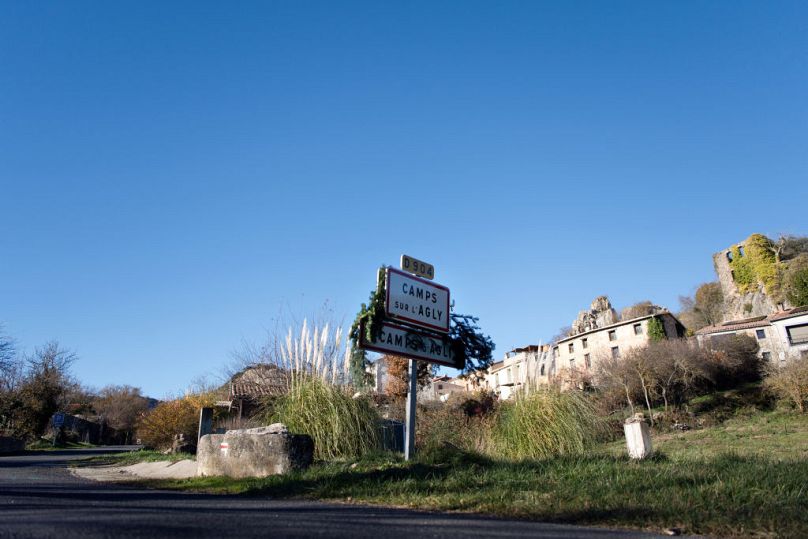Alex Batty, now 17, was missing for six years after being taken on a holiday to Spain. He has told the press he fled back to his native UK for his future.
Greater Manchester police have launched an investigation into the alleged abduction of a now 17-year-old British teenager, Alex Batty, who went missing while on holiday in Spain at the age of 11.
Police officers have interviewed Batty, an Oldham native, in an attempt to establish the facts on whether he was taken against his will.
He was found last week in France, some six years after his disappearance, sparking immediate interest in his life story.
Speaking to UK tabloid newspaper The Sun on Friday, Batty explained that he wanted to return to the United Kingdom to secure his future and admitted to having invented part of his story.
He had disappeared while on vacation in Spain with his mother — who did not have his custody — and his grandfather in 2017. He was found last Wednesday in the middle of the night by a delivery driver while walking along a road near Toulouse.
He returned to Oldham, in the Manchester region on 16 December, after spending six years living a nomadic lifestyle with his mother and grandfather.
“I started thinking about leaving when I was 14 or 15,” Batty told the press, “I realised it wasn’t a great way to live for my future.” He says he now aims to become a computer engineer.
“Moving around. No friends, no social life. Working, working, [working] and not studying. That’s the life I imagined I would be leading if I were to stay with my mum,” he said.
Batty explained that he felt increasingly isolated while on the road in both France and Spain, “so when I was about 16 I spoke to grandad about going back to England.”
“My mum was against the idea. She was very anti-government, anti-vax. She was worried that if I were to go back to a country and get my ID I would be put into care. Her catchphrase was becoming a ‘slave to the system’.”
Batty said that at around midnight on 11 December, after an argument with his mother, with a backpack filled with basic clothing, a skateboard, a flashlight, €100 and a Swiss army knife, he set off with the idea of reaching the nearest city, Toulouse, some 110 kilometres away.
He admitted he made up the story that he walked four days through the mountains to cover his tracks, fearing his mother and grandfather would be arrested for child abduction.
"I've been lying to try and protect my mum and grandad but I realise that they're probably going to get caught anyway," he told the press.
“I slept outside on the ground. It was freezing,” he added, before describing his mother as “a great person, but … not a great mother.”
He has now returned to the home of his grandmother who will care for him until he turns 18 in two months.
Despite the trauma of the experience, Batty says he is looking towards the future.
“I understand a lot of French so I’m not going to let that go. I’m going to keep on studying,” he said.

